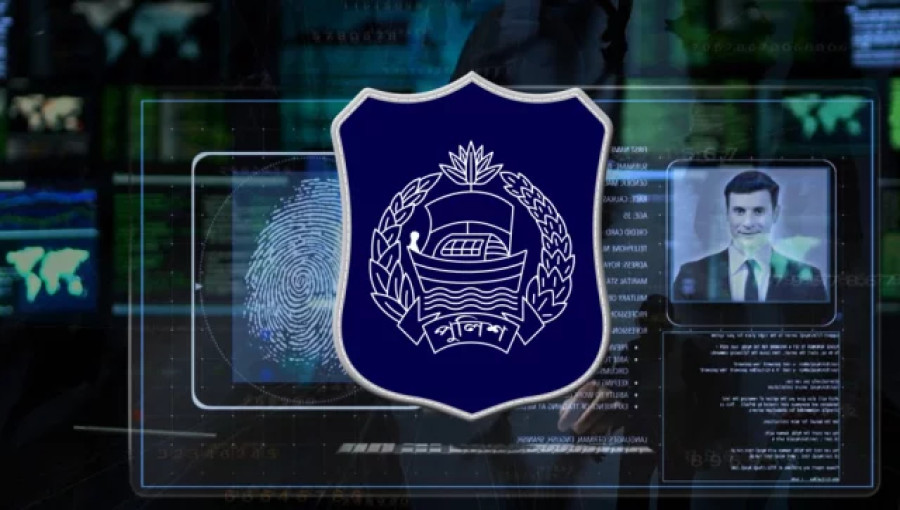Dhaka, Dec 11 (V7N) — In a significant cybersecurity breach, personal information of approximately 180,000 police officers has been leaked online. The exposed data includes sensitive details such as mobile phone numbers and national identity card numbers. Additionally, login credentials for 4,717 government agency admin panels have been compromised, raising serious concerns about national security and personal privacy.
The leaked information, which emerged last July, is reportedly circulating on the dark web and Telegram. The Crime Data Management System (CDMS), a critical database used by the police, is among the systems impacted. This database stores up to 50 types of information related to criminal cases. Over the past six to eight months, login credentials of more than 2,000 police officers for the CDMS have been leaked, along with 31,415 pieces of crime-related information.
The breach extends beyond police data. Reports suggest that over 200,000 pieces of information from various educational institutions have also been leaked in the last six months. Data from government service agencies, transportation-related entities, and regulatory authorities have similarly been compromised.
Cybersecurity experts warn that the leaked data, now being advertised for sale on dark web marketplaces and Telegram channels, could be used for identity theft, fraud, and other crimes. Tanvir Hasan Joha, a prominent cybersecurity analyst, emphasized the urgency of investigating the leaks and implementing robust policies for handling sensitive information.
"Leaked data can lead to financial crimes, such as unauthorized bank loans using stolen identities, which are becoming increasingly prevalent in Bangladesh," Joha noted.
Experts have suggested enhancing the use of intranet-based services to mitigate the risk of data breaches. Mobarak Hossain, a technology analyst, highlighted the need for a secure internal network and greater public awareness about information security.
“The country's internal intranet can be a powerful tool to safeguard sensitive data if its usage is expanded,” Hossain said.
Government databases store around 40 types of information on citizens, while private institutions hold up to 50 types. The National ID (NID) database alone contains 32 types of personal data on over 120 million citizens, making the security of these systems a national priority.
The breach underscores the urgent need for enhanced cybersecurity measures, stricter data protection policies, and increased public awareness to prevent future incidents. With sensitive information now in the hands of cybercriminals, the risk to individuals and national security remains high.
END/MSS/AJ





























Comment: